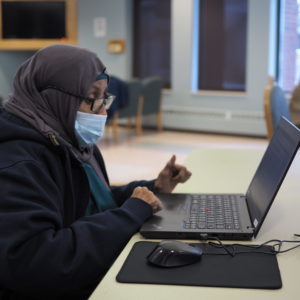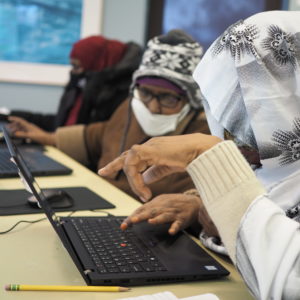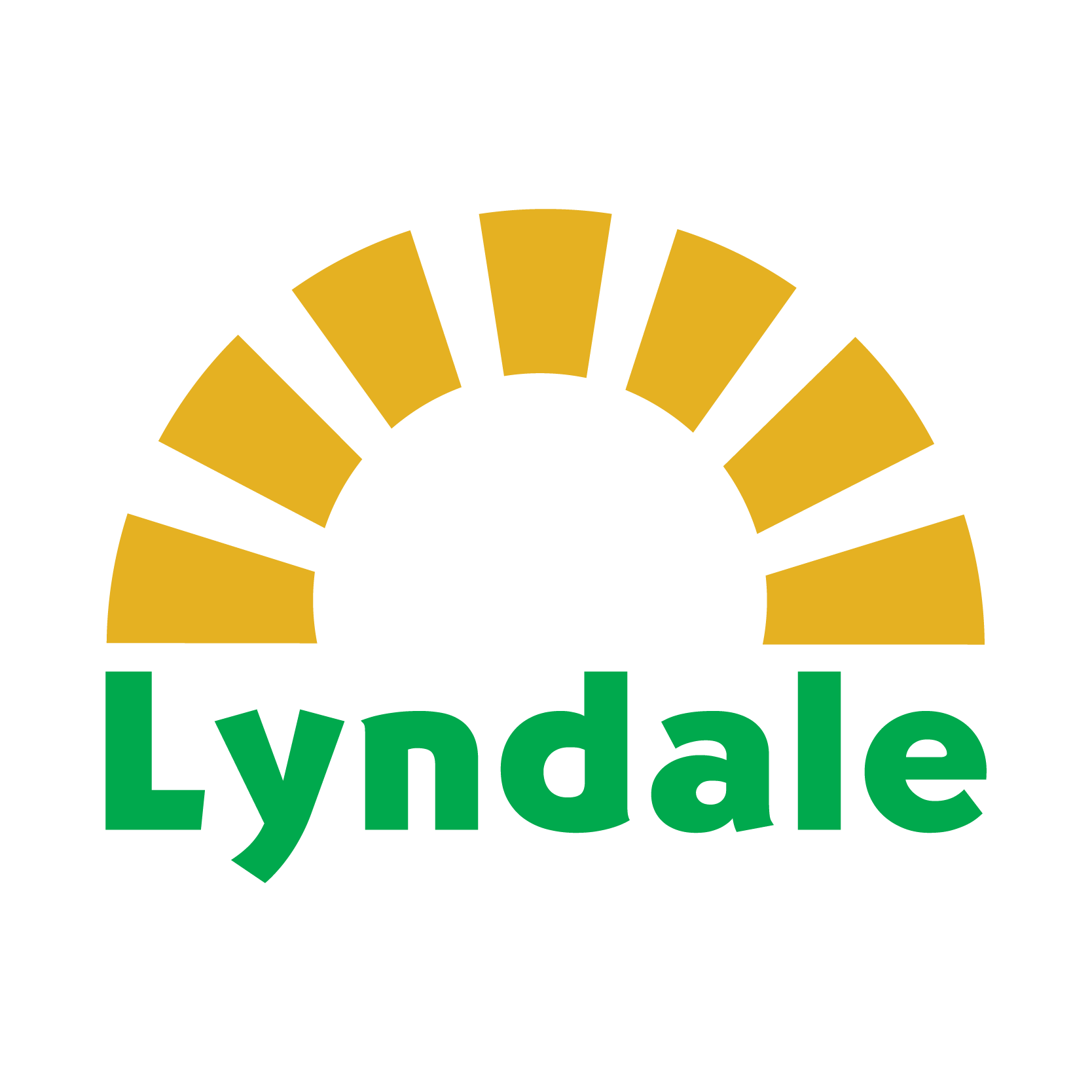LNA’s Digital Literacy Program
The Lyndale neighborhood is home to 491 households in the Charles Horn Towers (CHT) located just one block from Lake Street and Nicollet Avenue. The CHT community has a large population of elderly East African residents. The Lyndale Education Program has served over 160 residents of Horn Towers over the past dozen years, retaining dozens of learners for 4-6 years, and watching their literacy and language skills, careers, and families grow over time.
Since 2016, and under the recommendation of the Horn Tower’s Leadership Council, LNA has partnered with MPHA to also deliver English and literacy instruction to residents directly at Horn Towers. The resulting programs serve CHT residents whose health and mobility concerns prohibit traveling even 2-3 blocks outside of the building to external sites. The density of elderly (60+ years old) Somali-speaking residents at Horn Towers who tested with beginning literacy skills led us to create a customized curriculum, which we have now delivered in their community spaces to a very dedicated learners group for almost 6 years.
Based on a March 2020 survey of our learners at Horn Towers, we learned that all of our education program students who reside at this location, 100% of whom were Somali American refugees and over 95% of whom were 60+ in age, lacked access to a digital device of any kind with internet access at home (i.e. a computer, tablet or phone with a Wi-Fi connection). Not only does this lack of online access preclude these learners from extending the English practice to work toward self-identified personal goals, it cuts them off from many basic needs, referrals to services and ability to age in place with social connections and dignity.
Our long-term goal is for LNA and MPHA to expand our current partnership to serve all households in the Horn Towers’ three buildings both through our adult English classes and our digital inclusion initiative, allowing for their better integration into our community. Over the course of this year-long project funded by the Minnesota Department of Human Service, we will enhance the current educational opportunities and extend to serve additional residents in need of digital access.


